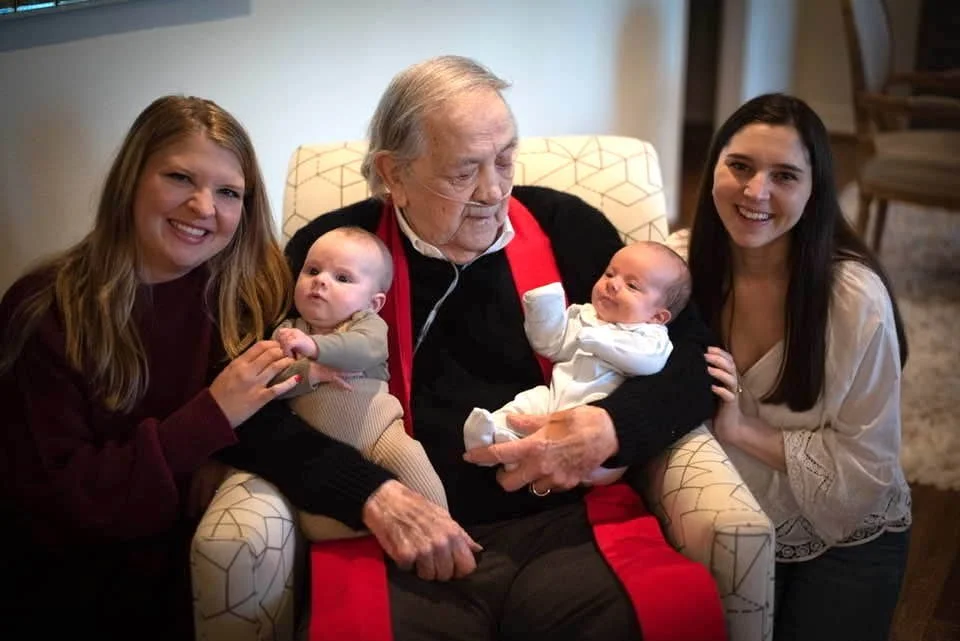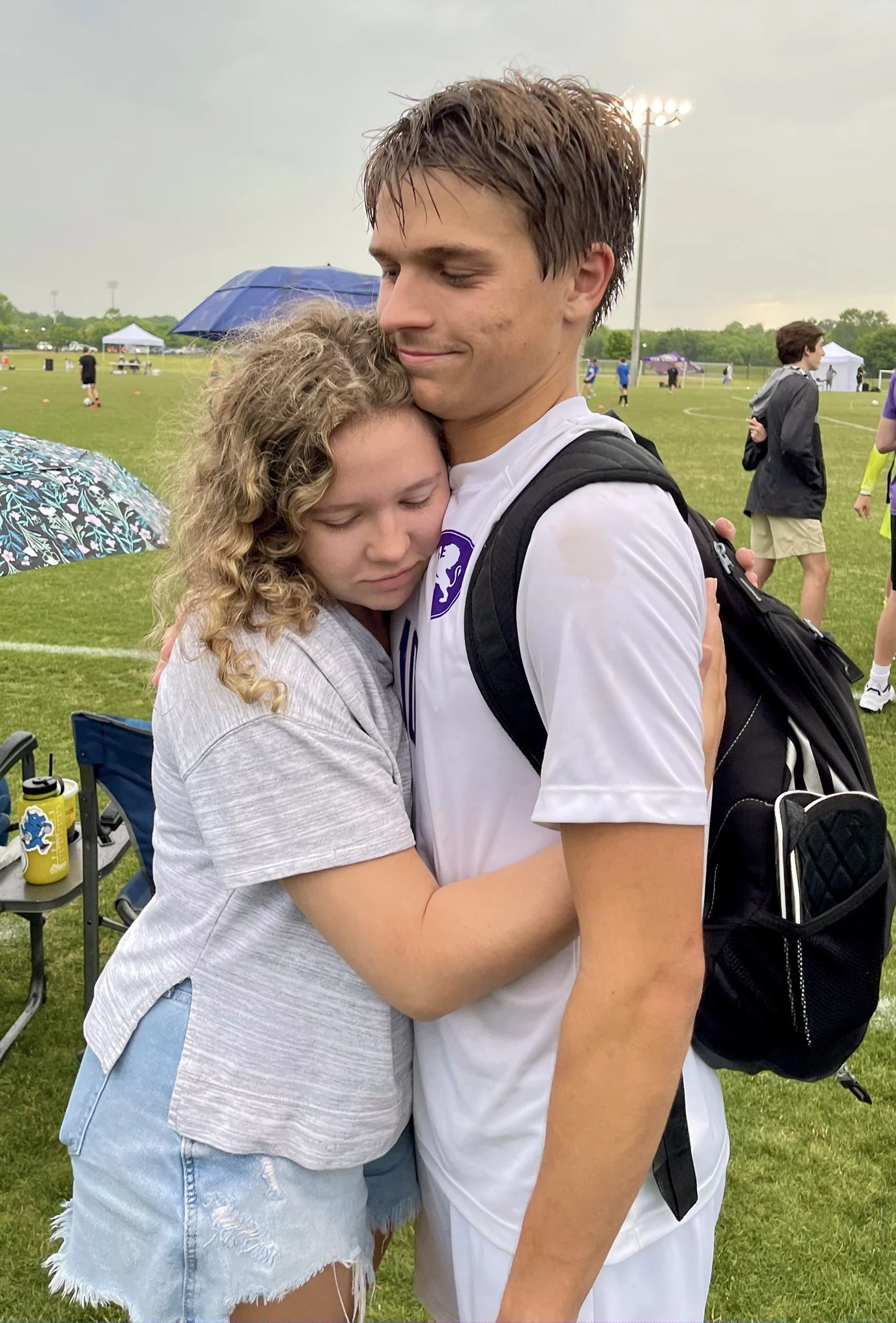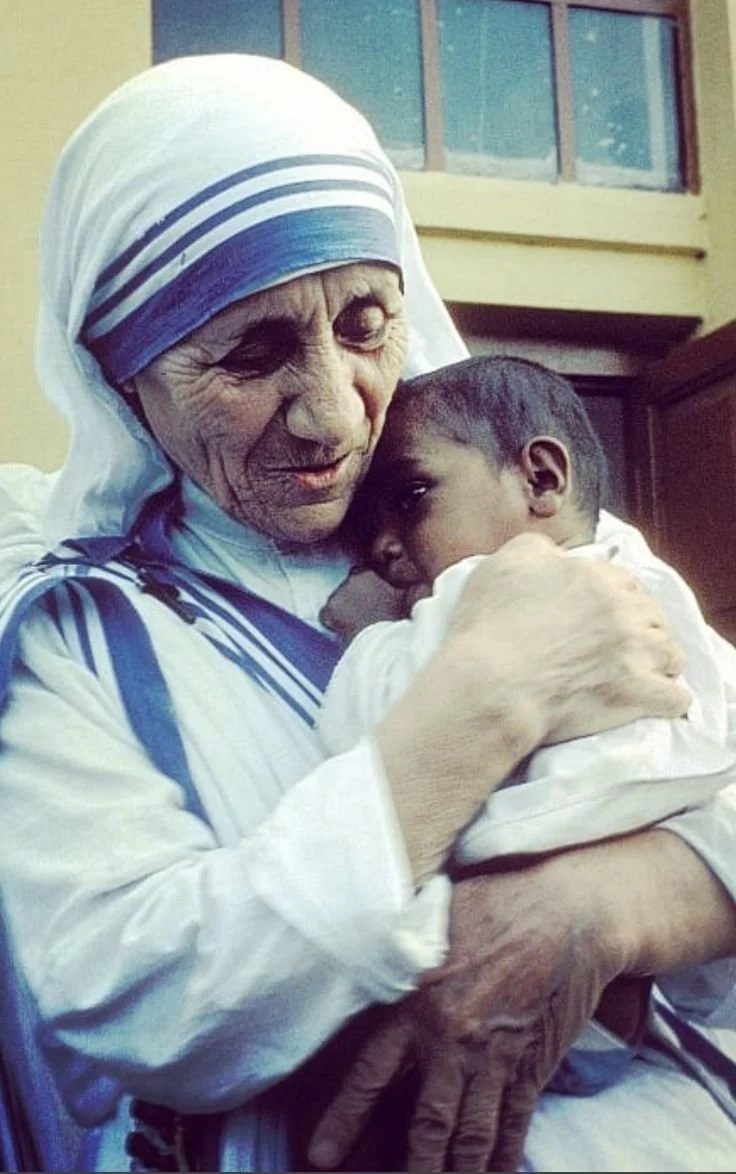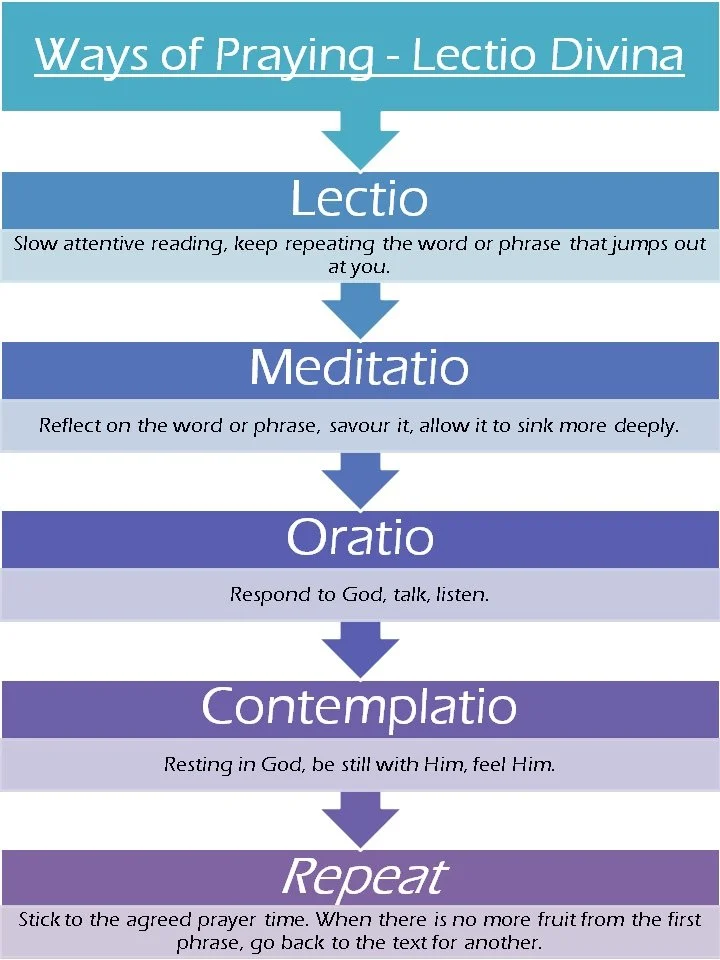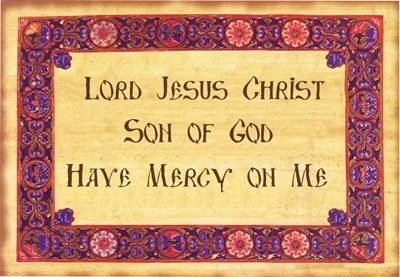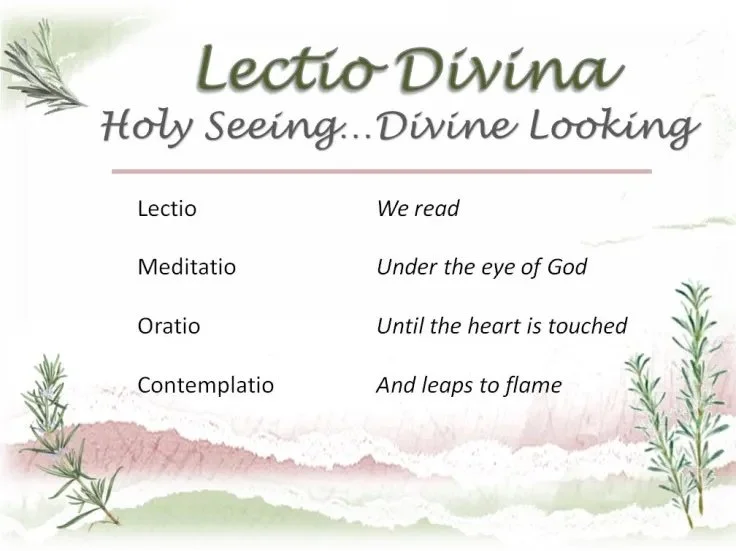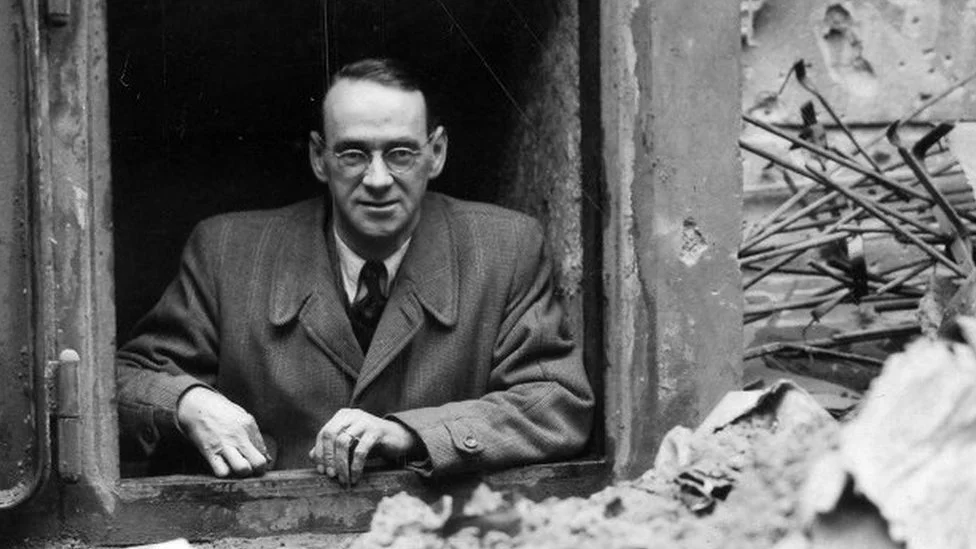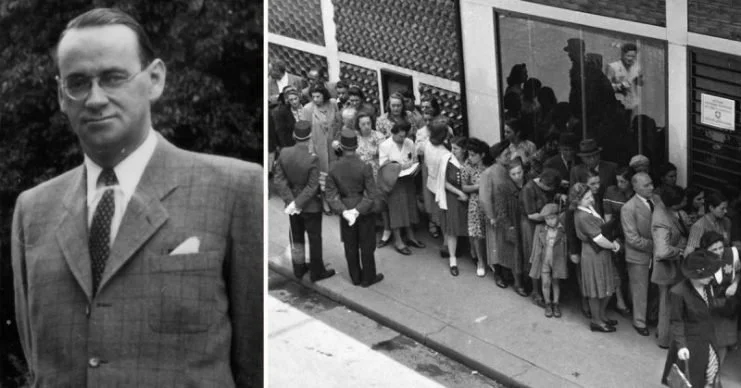Recognizing God in each other
“He who recognizes a king in disguise treats him differently from he who sees before him only the figure of an ordinary man and treats him accordingly. Likewise, souls who can recognize God in the most trivial, the most grievous, and most mortifying things that happen to them, honour everything equally with delight and welcome with open arms what others dread and avoid.”—Jean-Pierre de Caussade in The Sacrament of the Present Moment (HarperOne, 1966).
I know people like this who seem to treat everyone equally. One person is no more important than another. All are human and divine simultaneously. They seem to see the Holy Spirit, the God, the Christ in each person they meet. They do not merely look at a person's outer appearances, political stature, wealth, or power. Christ indeed modeled this approach for us.
My experience teaches me that we cannot see Christ in our neighbor, because we cannot see Christ in ourselves. Consequently, we project onto others our unchristlike behavior that we do not realize is really within us.
How do we change? Along the way, someone comes into our life who treats us as if we contain a divine spark, the holy within us—that is, they react to us with love. It is as though a spark has been lit. A light, a lightbulb, goes on inside of us. We begin to believe we are loved.
So, our mission as spiritual friends is to seek the light, the Christ, in each other.
I remember talking to a spiritual friend about a family member I struggled with. She helped me by asking me, “Tell me something good about her. Something she does well.”
My experience has also shown me that I cannot see Christ in someone else when I live in fear. I realized this recently when attending a meeting at which I was uncomfortable. I wanted to look good. However, I did not know precisely what they expected of me. I was fearful that I might make a mistake. As an introvert, I only interacted with people I knew. I only had concerns about what people might think about me. Was I making a good impression?
At our next meeting, I hope to connect more effectively with others. My plan is to pray for each person who will be there, just before the meeting, asking that we see Christ within each other. I will let you know how it goes.
Joanna. https://www.joannaseibert.com/
